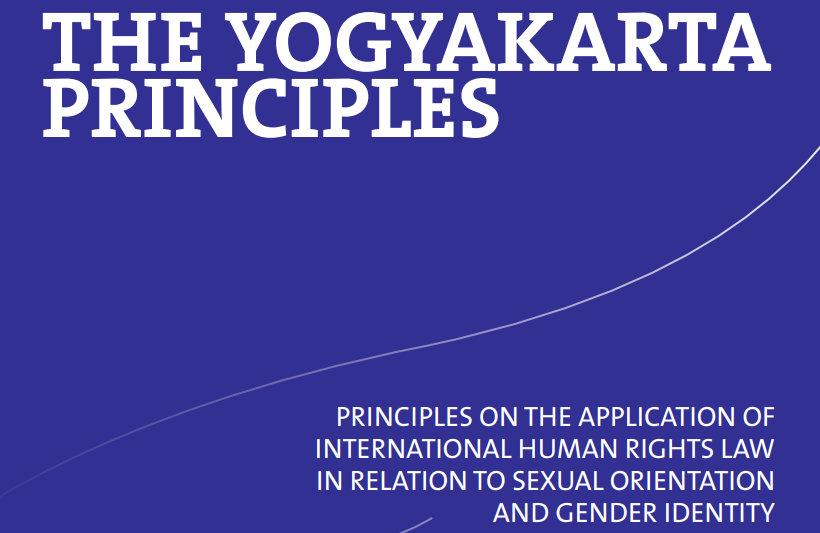The Yogyakarta Principles: A Global Driving Force Behind Gender Self-ID
An updated primer on one of gender ideology's foundational texts
The Yogyakarta Principles are often alluded to in the fight against gender identity ideology, but many people only have a passing familiarity with this important document. In essence, the Yogyakarta Principles provide the international human rights underpinning for gender self-ID.
At first glance, the document seems to merely be reaffirming the human rights of sexual minorities and people who identify as transgender. However, woven into the Principles is unconditional support for the privilege—not the right, the privilege—to identify as a sex that one is not.
Self-ID is at the tip of the fight against gender identity ideology, as it provides the unfettered means for men to gain access to women’s spaces, sports, and prisons.
The original Yogyakarta Principles document was released in 2007. It was the result of a November 2006 meeting at Gadjah Mada University in Yogyakarta, Indonesia attended by “29 distinguished experts from 25 countries with diverse backgrounds and expertise relevant to…




